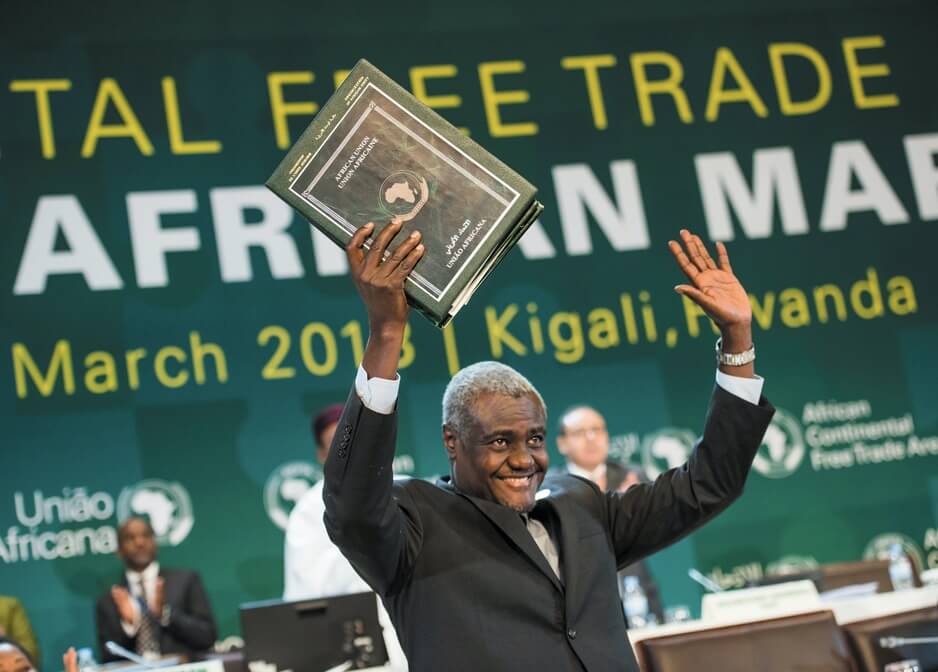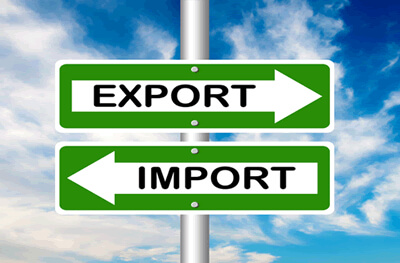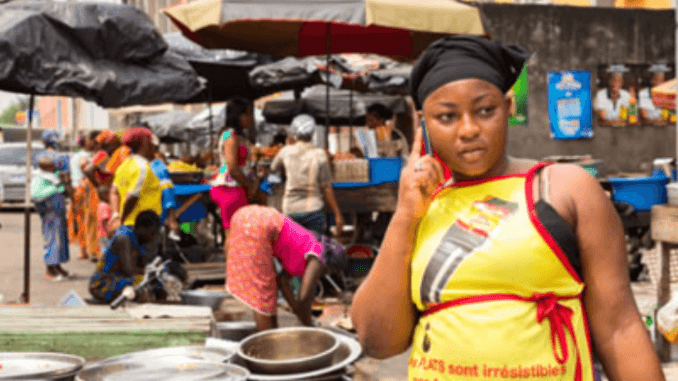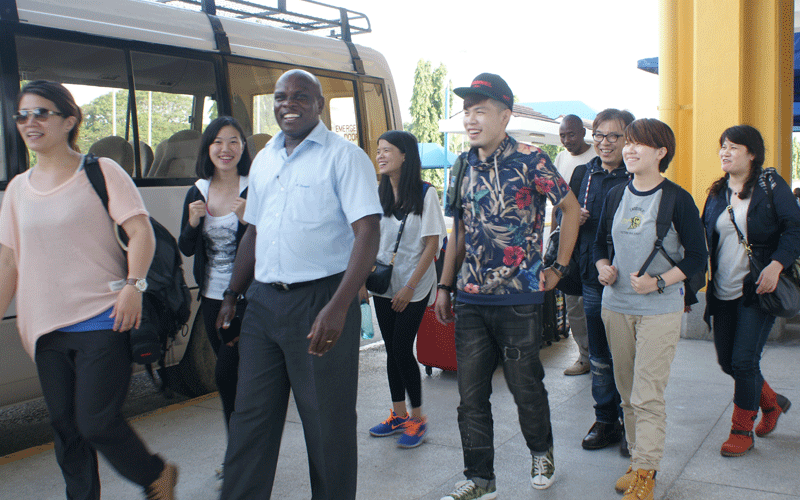May 5, 2020//-Ahead of the AU ministerial meeting on the 5-6th of May that will be discussing the trade response to Covid-19 and the state of the African Continental Free Trade Agreement (AfCFTA), a number of business leaders have signed a joint letter calling for ministers and Heads of State to ensure they stick to the deadline of July 1 for the Agreement to come into force. The letter has been written in response to rumours in international media that the AfCFTA date of July 1 will be postponed until next year. The signatories say that there is no legitimate reason to postpone the AfCFTA even if they understand that a staggered approach can be used given current circumstances. One of the signatories of the letter is Paulo Gomes, former Executive Director of the World Bank and Chair of Executive committee of AfroChampions. The AfroChampions network has been mandated by the African Union to coordinate private sector discussions around the AfCFTA. He said that ministers meeting next week had a duty to respect the current deadline. “We understand that certain parts of the AfCFTA are sensitive. The rules of origins and tariffs need time but we can start with trading of essential goods. That will send a strong message to the world that we are serious about the AfCFTA and to African businesses. The private sector is the biggest beneficiary of the AfCFTA and with supply chains being disrupted globally, it is even more urgent that we have a functioning...
Business Leaders Urge Ministers to Respect AfCFTA Deadline
Posted on: May 12, 2020
Posted on: May 12, 2020























